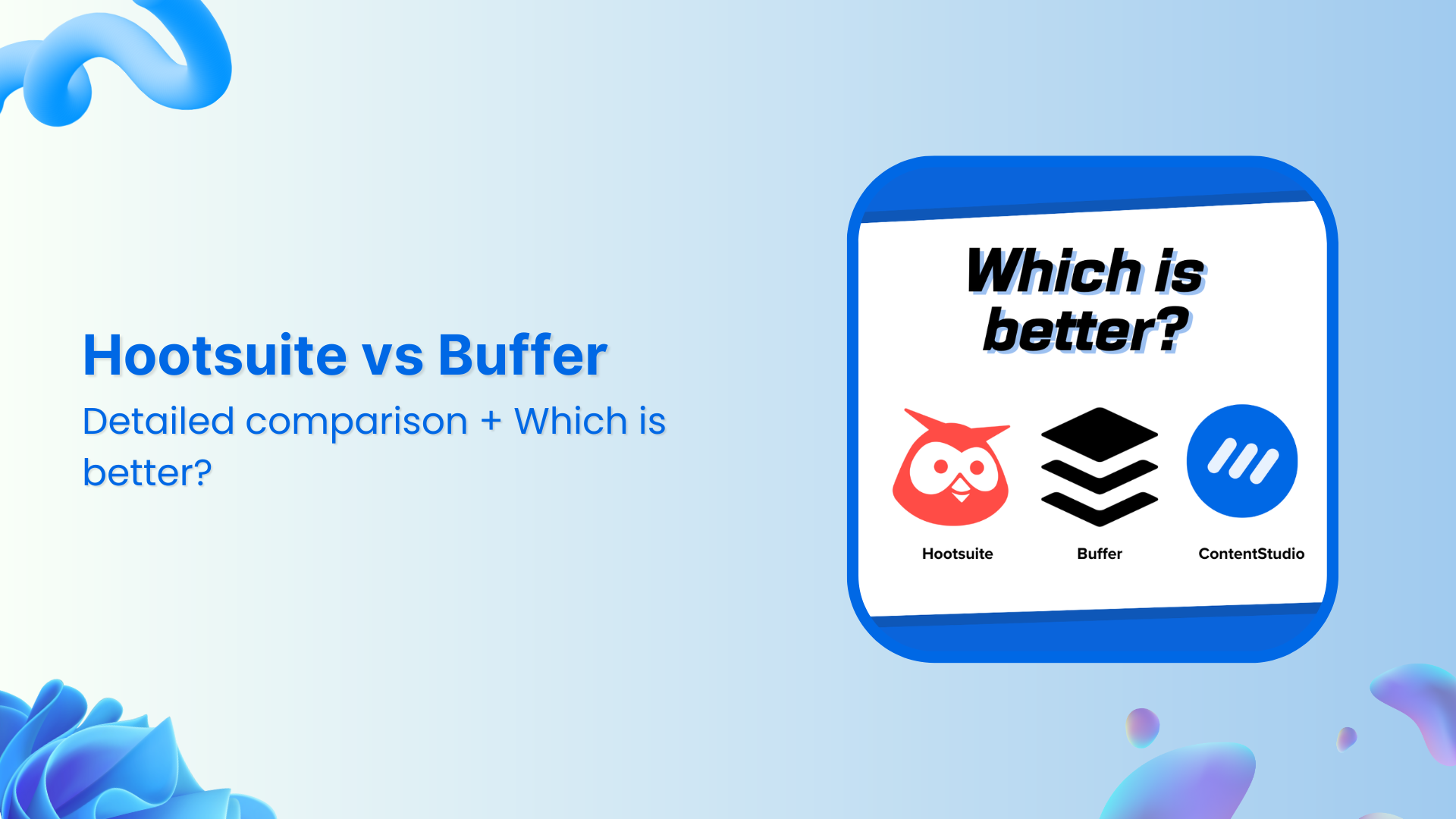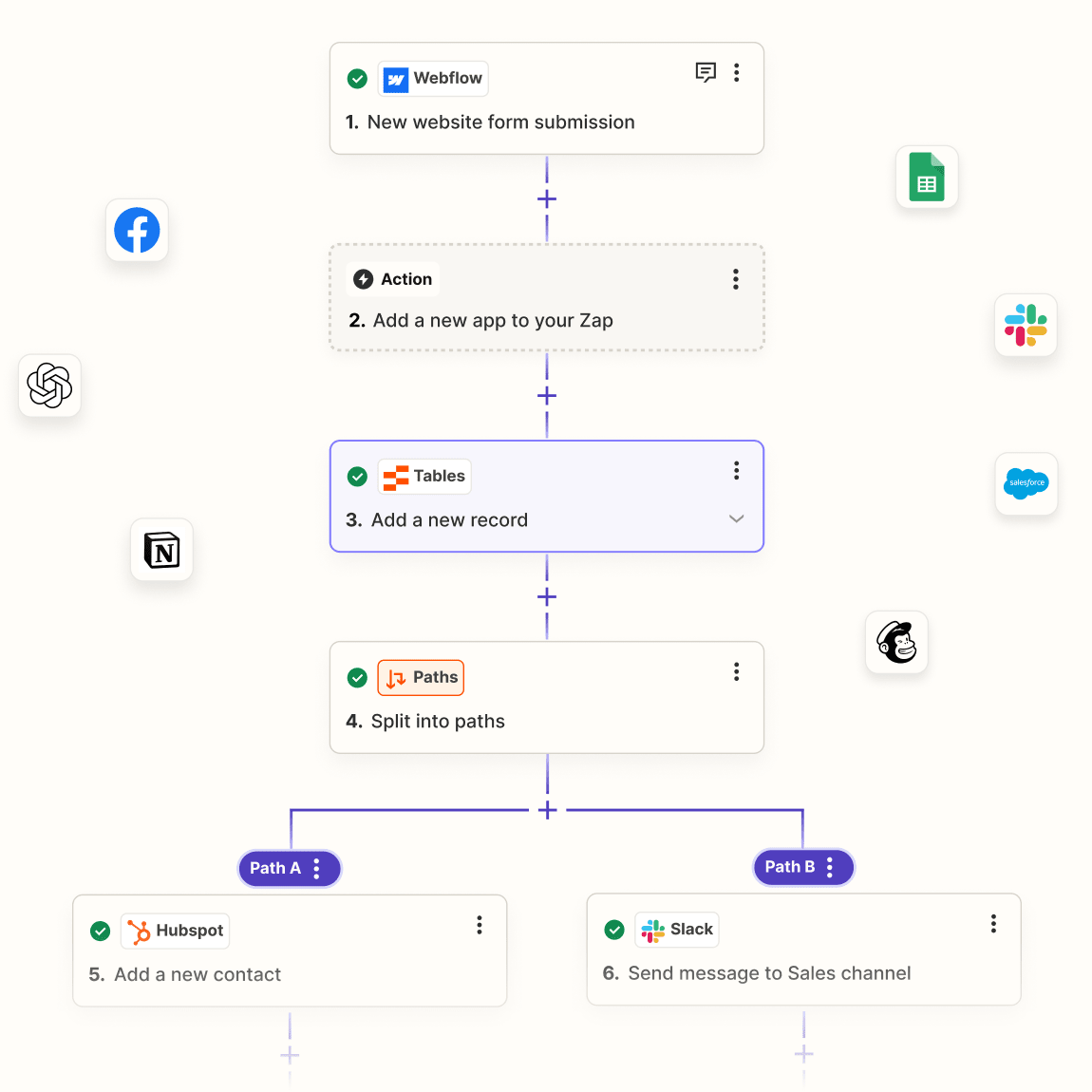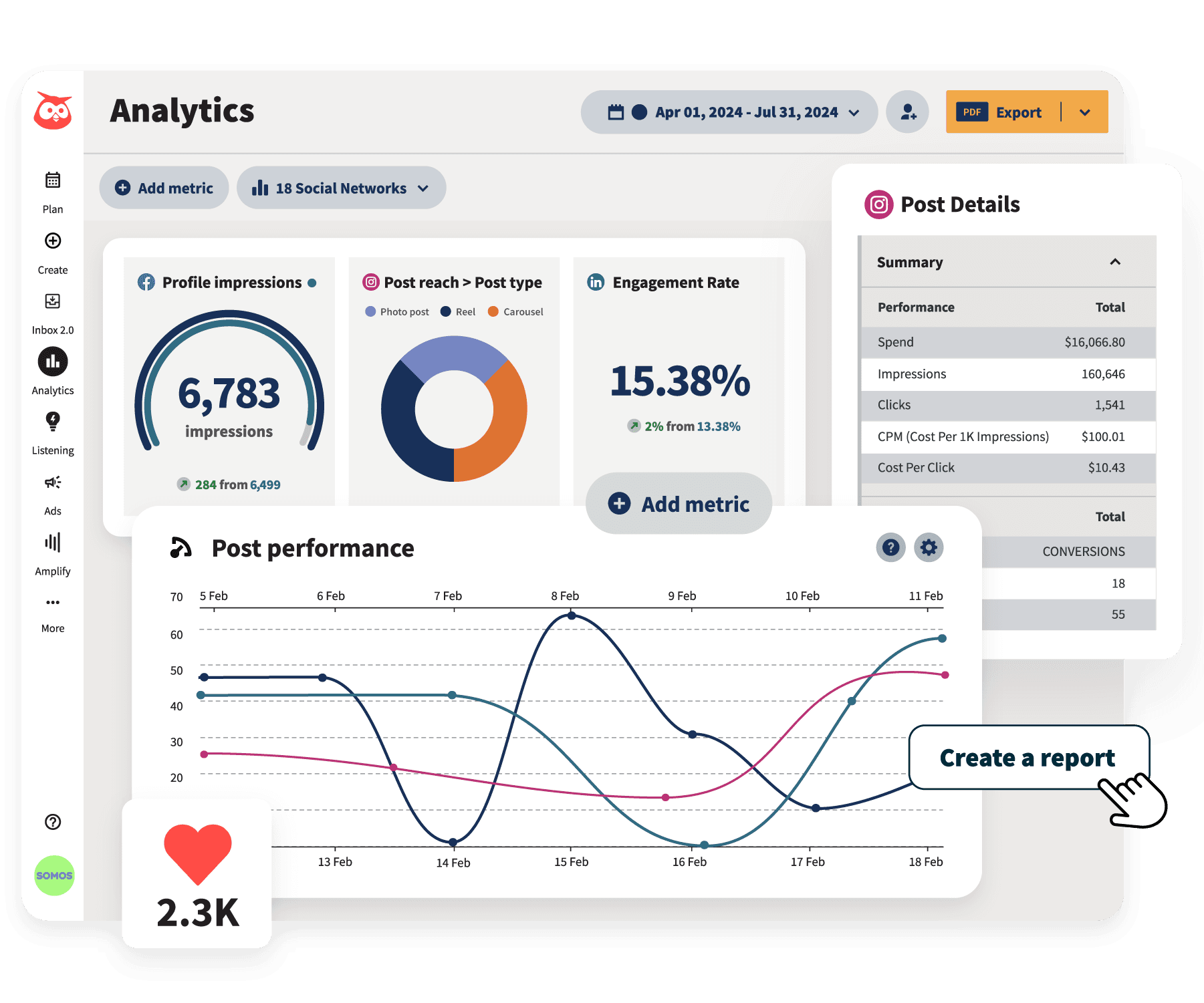Rewiring Customer Expectations: The Effect of Real-Time Engagement on Twitter for Tech Startups
Meta Description: Discover how tech startups can meet evolving customer expectations through real-time engagement on Twitter. Explore strategies, case studies, and actionable insights.
In today's fast-paced digital landscape, customer expectations are evolving at an unprecedented rate. For tech startups, this sets a high bar for responsiveness and engagement—especially on social media platforms like Twitter. As an SEO expert with over five years of experience helping numerous companies enhance their online presence, I aim to guide you through understanding and leveraging real-time engagement. This article will delve into how real-time communication can not only meet customer demands but also supercharge your brand's reputation and loyalty.
Understanding Evolving Customer Expectations
The advent of social media and instantaneous communication has led customers to anticipate quick responses from brands. This demand for immediacy directly impacts how customers interact with tech startups. According to a study by Harris Interactive, about 32% of customers expect a response within 30 minutes of reaching out on social media. This statistic reveals a significant shift in consumer behavior—people value quick communication more than ever.
Furthermore, findings from American Express indicate that 90% of consumers are likely to repeat business with brands that respond swiftly to their inquiries. This data underscores the importance of not only being present on social media but actively engaging with customers in real time.
Highlighting the Importance of Real-Time Engagement
Real-time engagement has become a cornerstone for startups keen on building relationships and loyalty among their customers. Twitter, as a platform, offers immediate interaction where companies can address concerns, gather feedback, and forge deeper connections with their audience.
A stellar example is Buffer, known for sharing insights into their Twitter interactions with customers.  By showcasing how they resolved customer issues swiftly, they highlight the value of transparency and responsiveness, which reinforces trust and fosters community engagement. Not far behind is Zapier, which is highly regarded for its rapid responses on social media platforms; its success illustrates that effective engagement translates to increased brand visibility and customer loyalty.
By showcasing how they resolved customer issues swiftly, they highlight the value of transparency and responsiveness, which reinforces trust and fosters community engagement. Not far behind is Zapier, which is highly regarded for its rapid responses on social media platforms; its success illustrates that effective engagement translates to increased brand visibility and customer loyalty. 
Best Practices for Real-Time Engagement
For tech startups aiming to enhance their real-time engagement on Twitter, implementing best practices can significantly improve responsiveness and customer interaction. Here are several effective strategies:
| Strategy | Description |
|---|---|
| Utilizing Chatbots | Leverage chatbots to provide immediate replies for simple inquiries. |
| Conducting Twitter Polls | Engage your audience with polls or Q&As, fostering deeper interaction. |
| Real-Time Monitoring | Use tools to monitor Twitter mentions and sentiment to respond quickly. |
Using bots for initial responses is particularly effective; it allows startups to engage promptly. While human responses are reserved for more complex inquiries, this strategy ensures customers never feel neglected even during busy times. Engaging followers through Twitter polls or Q&A sessions creates an inclusive atmosphere and keeps the dialogue dynamic and relevant.
Insights from Social Media Experts
Prominent social media strategists like Jay Baer emphasize the necessity of responsiveness in today’s market. He notes, “Every time you give up on a customer because they 'just don't get it,' you lose an opportunity to teach.” This maxim serves as a reminder that every interaction offers a chance to strengthen relationships and build brand loyalty.
Statistics Supporting Real-Time Engagement
Numerous studies reveal a direct correlation between social media engagement and business outcomes:
- Sprout Social research shows that 70% of consumers are more likely to recommend brands that engage with them on social media.
- According to a survey by Gartner, 30% of consumers expect brands to respond to social media inquiries within 30 minutes.
These statistics illustrate that the urgency of real-time engagement not only affects customer satisfaction but can also influence word-of-mouth marketing—one of the most potent forms of marketing for tech startups.
Tools for Monitoring Engagement
To remain competitive, tech startups must use tools that facilitate real-time engagement. Here are three popular options:
| Tool | Purpose |
|---|---|
| Hootsuite |  Helps manage multiple Twitter accounts and track engagement metrics. Helps manage multiple Twitter accounts and track engagement metrics. |
| TweetDeck | Offers real-time monitoring of tweets and customer interactions. |
| Brandwatch | Provides in-depth analytics on brand mentions, sentiment, and trends. |
Leveraging these tools allows startups to gather insights on their engagement efforts, ensuring they are meeting the expectations of their audience.
Trends in Social Media Marketing
The rise of micro-influencers on Twitter sets a new standard in customer engagement, emphasizing timely, authentic interactions. By responding quickly and showing genuine care, these influencers can significantly enhance brand perception among their followers. For startups, learning from these influencers can inform how they approach their customer communication, pushing them to prioritize authentic engagement rather than transactional interaction.
Real-World Data on Engagement Impact
Engagement on social media is not just about customer service; it also drives sales. Research from HubSpot shows that companies with a robust social media presence enjoy 70% higher customer retention rates. This metric highlights the critical link between engaging customers in real time and fostering long-term loyalty.
Actionable Steps for Startups
To effectively harness Twitter for real-time engagement, startups can implement the following actionable steps:
- Develop a Response Protocol: Create guidelines that outline response times for customer inquiries based on urgency.
- Engage Regularly: Schedule regular tweet updates, polls, and engagement threads to maintain active communication.
- Analyze and Adapt: Use analytics tools to measure engagement success and adjust your strategy accordingly.
- Train Your Team: Invest in training for your customer service and marketing teams focused on effective social media communication.
An example response to a customer inquiry could look like this:
Customer: "I’ve been waiting for support on my issue for hours. Can someone help me?"
Response: "We sincerely apologize for the delay! We're looking into your issue right now and will get back to you shortly. Thank you for your patience!"
By addressing customers promptly and professionally, startups can effectively communicate their commitment to support.
Conclusion
The need for real-time engagement on platforms like Twitter is imperative for tech startups striving to meet evolving customer expectations. By understanding industry trends, implementing best practices, and leveraging the right tools, startups can transform their customer relationships into strong, lasting connections. As the digital landscape continues to evolve, there lies an opportunity for businesses to rewire customer interactions and thrive in this competitive market.
If you're a startup looking to elevate your engagement strategy, explore related content on effective communication techniques or sign up for our newsletter to stay up-to-date with the latest insights into leveraging social media effectively!
